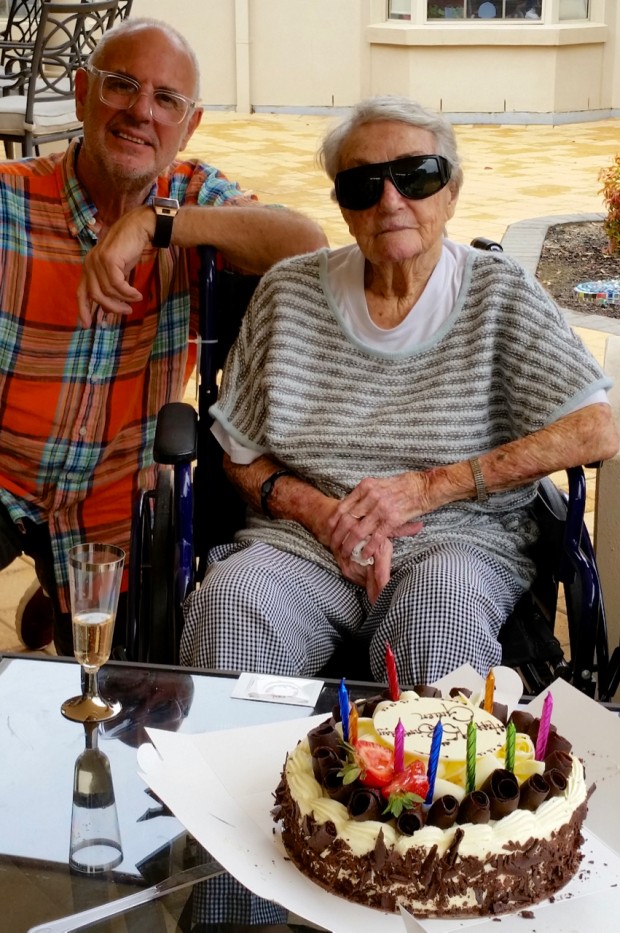July 28, 2017
Mother ’ s torture broke my heart, says Philip Nitschke
The Australian, Samantha Hutchinson
Euthanasia activist Philip Nitschke has used the case of his mother to illustrate why he believes Victoria’s voluntary euthanasia laws will not work for the vast majority of people who are calling for them.
Dr Nitschke’s mother Gwen died in December 2015, aged 95, after spending more than six years in a South Australian nursing home which, he says, she compared to torture.
“She had in fact wanted to ‘check out’ the same year she had to leave her granny flat and move into institutional care. At least, she said she wanted the choice,” Dr Nitschke writes in an opinion piece in The Australian today.
Because his mother was not able to plan for death, Dr Nitschke could not get home from The Netherlands in time to be with her for her final moments.
“(It) broke my heart and remains the profound regret of my life. Not that Gwen died but that the process of her dying was so drawn-out, torturous and unable to be planned,” he said.
Dr Nitschke has used the example to illustrate what he believes to be the flaws in Victoria’s new right-to-die laws: that the restrictions are too onerous and that people would have to be “almost dead” to use them.
“Old ladies like Gwen will never be able to use the Victorian law because they aren’t sick, let alone terminally ill, about to die. Gwen was old, frail and lived without dignity. But this is different from being sick,’’ he said.
Victorian Premier Daniel Andrews is pushing ahead with formulating legislation for a voluntary euthanasia program that would restrict access to the sound of mind and those suffering a terminal, incurable disease that is likely to kill them within a year.
Patients would have to go through a process requiring them to ask three times for access to the scheme. They would have to be assessed by two doctors who could verify they qualified for the program.
Victorian Roads Minister Luke Donnellan yesterday said he would use the weekend to look over the plan.
“I haven’t made my mind up, but I’m erring on the side of supporting the bill,” he said. “I’ll take some time to reflect on the issue, read the final reports and then come to a decision.”
However, resistance is firming in other pockets, with some MPs arguing that compliance would be impossible even with the strictest safeguards in place.
